Post-traumatic stress disorder (PTSD) isn’t your typical stress. It results in more than just pain, headaches and sleep problems. It’s a disorder that thousands of men and women struggle with every day, and for some, it lingers for months or even years. The good news is that being diagnosed with PTSD doesn’t mean the disorder must rule your life. The IAFF Center of Excellence offers treatment for PTSD for IAFF members, including aftercare, to provide you with the tools to manage your symptoms after graduating from our Center. Although there is no cure for PTSD, there are healthy ways to cope with it.
Surround Yourself With Positivity
Being around positive people, sights and sounds can make a world of difference for someone with a mental health condition such as PTSD. Even if the feeling is temporary, seek experiences that help you feel good, whether it’s your friends, classical music, nature sounds or even silly videos on social media. Joining a church or support group can also help access a higher power or remind you that you are not alone. Visit the National Alliance on Mental Illness (NAMI) website to locate a support group in your area.
Rely on Your Supportive Relationships
You may be fortunate enough to already have a support system of friends, family and other loved ones. While in treatment at the Center, you can also connect with other IAFF members who have been in your boots. Remember, your brothers and sisters want you to be well. They’re on your side. Especially after completing treatment, you will benefit greatly from the support of a trustworthy friend in your firehouse who understands what you have been through. Reach out to friends whenever you feel like you need someone to talk to.

Engage in Physical Activity
Exercise provides benefits to the mind and body for everyone, whether you’re suffering from PTSD or not. Cardiovascular exercise releases neurotransmitters, such as serotonin and dopamine, into your system, which help improve your mood, concentration and sleep cycle. Set aside time every day, or at least a few times a week, for fitness. Strengthen your body and mind by running, swimming or another physical activity. For example, according to a study reported by Medical News Today, Tai chi has helped war veterans manage their PTSD symptoms. This form of martial arts involves slow movements, breathing and meditation, and it can benefit fire fighters in the same way it benefits veterans.
Include More Relaxing Activities in Your Schedule
Never underestimate the power of relaxation. You can simply read a book or spend time in nature, without doing anything else. If you prefer to be physically active, take a jog around a lake, a stroll through the park, or a trail bike ride. Whatever activity you choose, try to do it a few times a week for at least 20 minutes.
Give Back
If you didn’t enjoy helping others, you probably wouldn’t be a fire fighter or paramedic. However, finding other outlets to give back outside of emergency response work can be equally as gratifying. You can spend a few hours every month at a local food pantry, soup kitchen or animal shelter. If you don’t feel quite ready to help people just yet, help out at a national park service or environmental organization.
We want to help you recover so you can learn to live a happy, fulfilled life. If you’re struggling with PTSD, and you haven’t yet received treatment, call the IAFF Center of Excellence. Phones are staffed around the clock with professionals who understand and can help.




